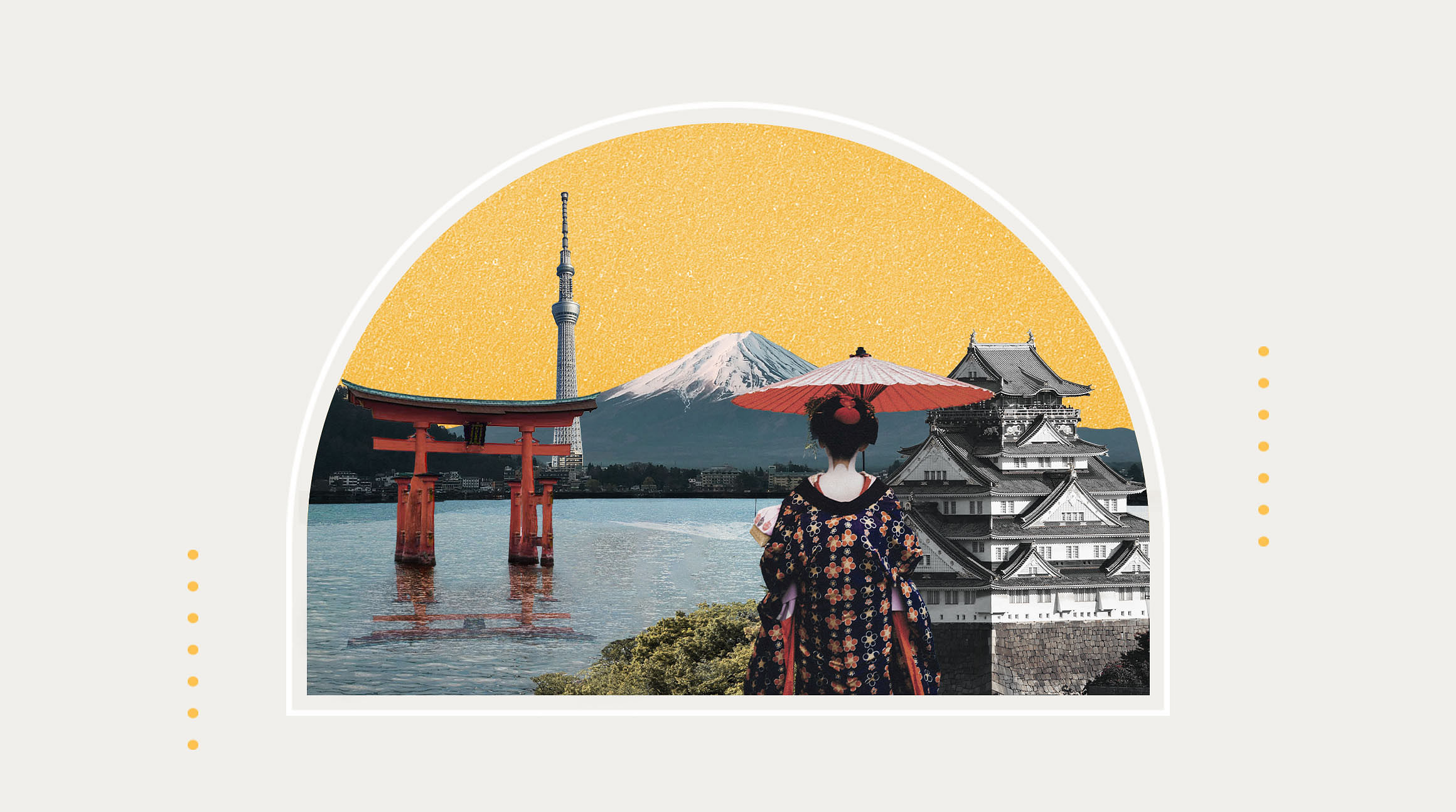
Japan is a fascinating blend of ancient traditions and cutting-edge modernity. From its breathtaking landscapes and unique wildlife to its rich cultural heritage and groundbreaking technology, Japan offers endless surprises and delights. Let's dive into 15 fun facts about this incredible country.
1. Japan is made up of over 6,800 islands.
While most people know about the main islands of Honshu, Hokkaido, Kyushu, and Shikoku, Japan actually consists of over 6,800 islands. Many of these islands are uninhabited and offer pristine natural beauty, while others are packed with cultural and historical sites. This archipelago stretches over 3,000 kilometers (about 1,860 miles) from the Sea of Okhotsk in the north to the East China Sea in the south.
2. Sumo wrestling is Japan's national sport.
Sumo has origins in ancient rituals believed to entertain deities. Sumo wrestlers, or sumotori, live in highly regimented sumo stables, where every aspect of their lives, from their diet to their daily activities, is designed to build strength and flexibility. The sport is a compelling spectacle of power, strategy, and tradition, reflecting Japan's rich cultural heritage.
3. Japanese cuisine is UNESCO-listed.
Washoku, traditional Japanese cuisine, emphasizes seasonal ingredients, balanced flavor, and presentation. In 2013, Washoku was added to UNESCO’s Intangible Cultural Heritage list, acknowledging its role in fostering health, social cohesion, and communication with nature. Meals are often designed to represent the changing seasons and to celebrate the bounty of the land and sea, embodying the Japanese philosophy of living in harmony with nature.
Related Read: Sushi in Japan - Tokyo's Tsukiji Market & More
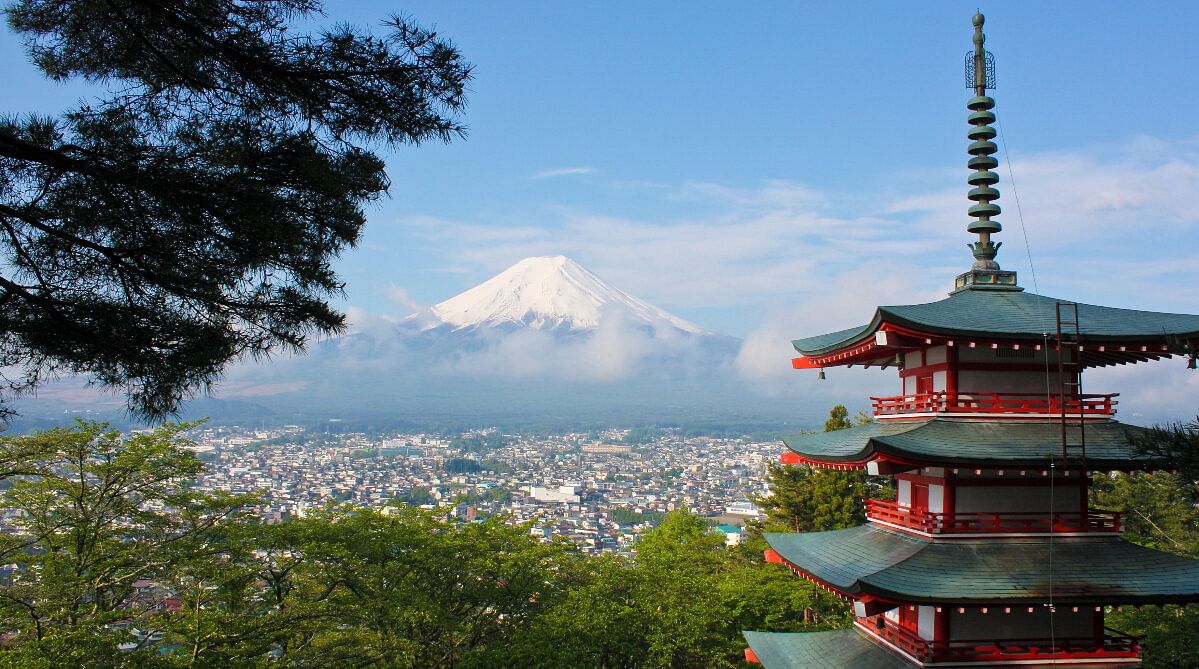 Unsplash
Unsplash
4. Mount Fuji is the country's tallest peak.
Mount Fuji, an active stratovolcano and Japan’s tallest peak at 3,776 meters (12,389 feet), is an iconic symbol of the country. Its almost perfectly symmetrical cone has inspired artists and pilgrims for centuries. Climbing Mount Fuji is not only a physical challenge but also a spiritual journey, reinforcing its status as a sacred site in Shinto tradition.
5. Removing your shoes before entering a home, ryukan (inn), or temple is customary.
This practice is a sign of respect, aiming to keep the indoors clean. A genkan, an entrance area in homes and many buildings, serves as the designated spot where shoes are taken off and usually stored in a cabinet. This custom showcases the Japanese value of cleanliness and respect for one’s environment and the homes of others.
6. Japan is known for its speedy bullet trains.
Renowned for their punctuality and speed, Japan's Shinkansen, or bullet trains, crisscross the country at astonishing velocities, with some reaching speeds exceeding 321 kilometers (200 miles) per hour. The fastest Shinkansen, the Maglev L0 Series, has reached speeds of up to 603 km/h (374 mph) in testing phases, making it the fastest train in the world.
Related Read: Your Guide to the Tokyo to Kyoto Bullet Train
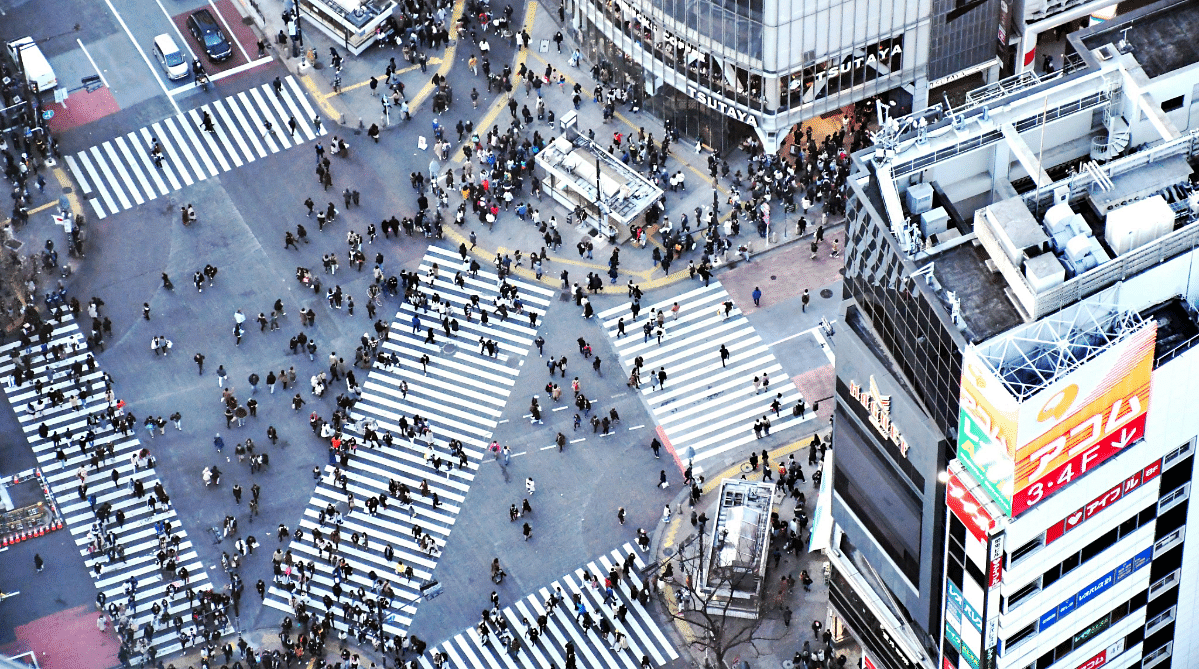 Unsplash
Unsplash
7. It's home to the busiest pedestrian crossing in the world.
At Shibuya Crossing in Tokyo, thousands of people cross at once in all directions. This spot encapsulates the beating heart of Tokyo and is a must-see for any visitor. Pro Tip: Climb to the top of the Shibuya Sky observation deck for an epic view.
8. It's polite to slurp your noodles.
Slurping soba, udon, or ramen is not just acceptable; it’s considered a sign of appreciation for the dish. The act of slurping enhances the flavors and helps cool down the hot broth as it enters your mouth. More than that, it's an auditory compliment to the chef, indicating that you are enjoying the meal.
9. The number four is considered unlucky.
In Japanese culture, the number four, pronounced as "shi," is considered unlucky due to its phonetic similarity to the word for death. Consequently, many buildings omit the fourth floor or avoid using the number four in room assignments.
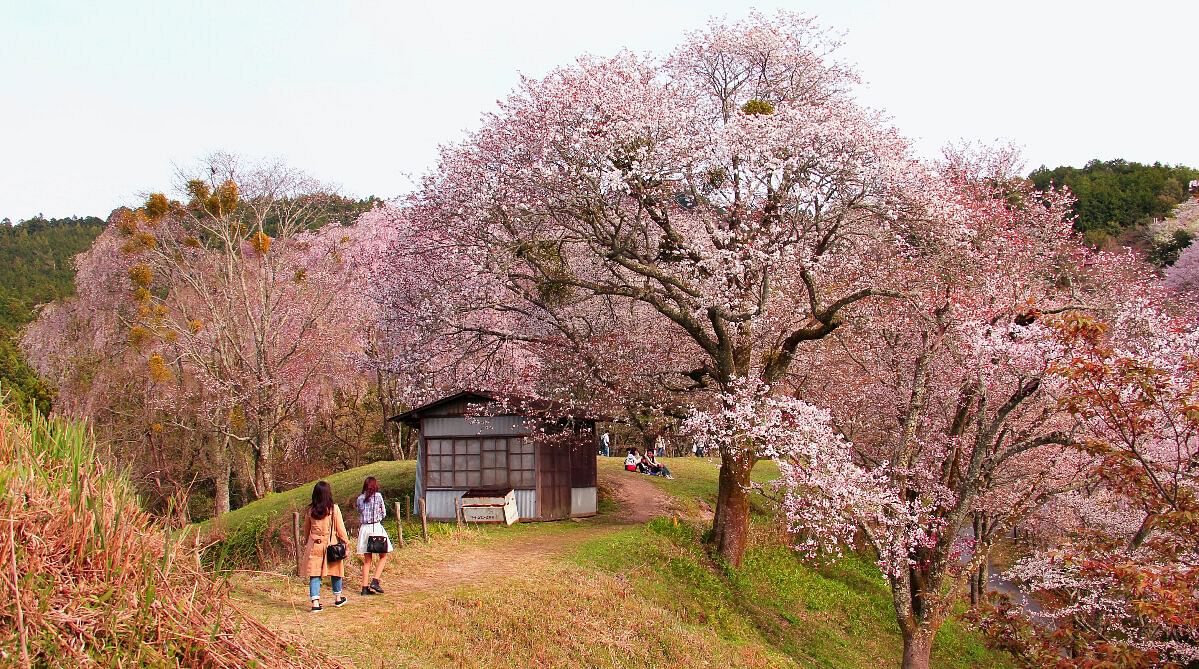 Unsplash
Unsplash
10. Hanami is the tradition of cherry blossom viewing.
Cherry blossom viewing, or hanami, involves family and friends gathering under the trees to enjoy food, drinks, and the beauty of the blossoms. This tradition reflects the Japanese philosophical concept of mono no aware, the poignant awareness of the transience of things and the beauty of their passing.
11. There are thousands of onsen throughout the country.
Onsen, natural hot springs, are a beloved part of Japanese culture, with thousands dotting the country. These thermal baths are not only a place for relaxation and rejuvenation but also hold a ceremonial aspect, often linked to Shintoist or Buddhist practices of purification. Each onsen offers a unique experience, depending on its mineral composition, location, and the traditional ryokan (inn) it might be part of.
12. Japanese people have one of the highest life expectancies in the world.
Japan holds the record for the highest number of centenarians in the world. The Okinawa region, in particular, is known as a longevity hotspot. This is often attributed to a healthy diet, active lifestyle, and robust social community.
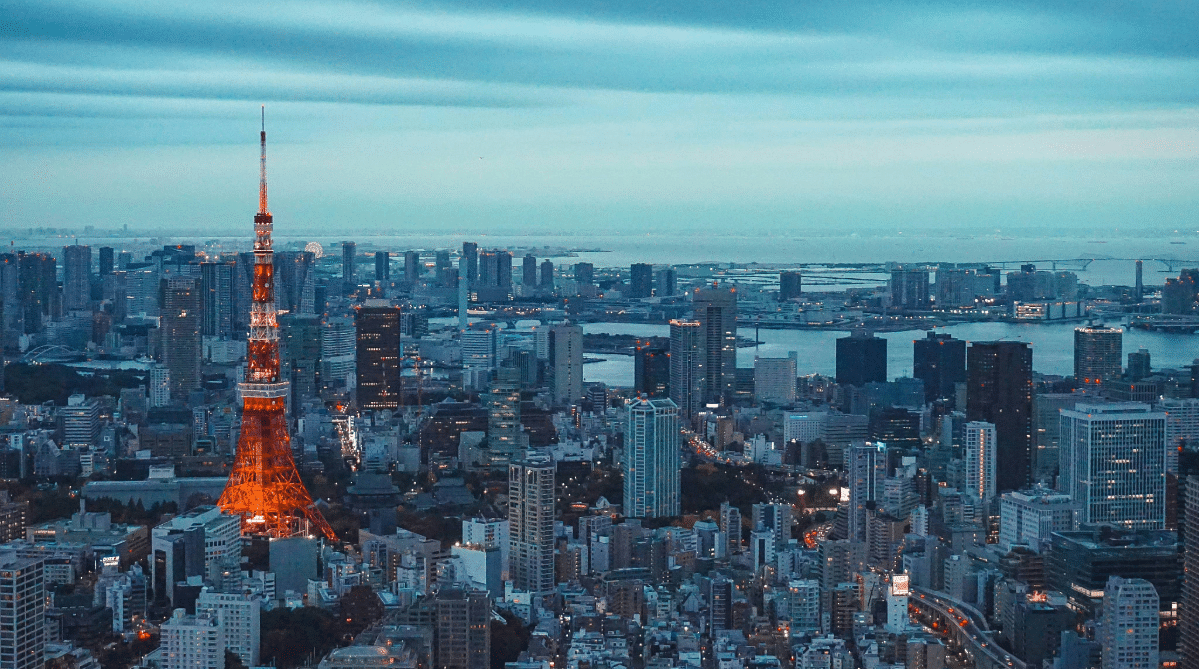 Unsplash
Unsplash
13. Tokyo is the most populous megacity in the world.
Tokyo, Japan's bustling capital, holds the distinction of being the world's most populous megacity. As of 2021, the metropolitan area is home to more than 37 million people, surpassing the population of many countries. This vibrant city is a dense urban sprawl of districts, each with its own distinct character and charm.
14. Japan has the highest density of vending machines per capita.
Japan is home to an astonishing number of vending machines, with more than 5 million dotting the landscape. That's roughly one vending machine for every 23 people! These aren't your average snack and drink dispensers. In Japan, you can find vending machines that sell everything from umbrellas to live lobsters.
15. Japan’s public transportation system is notorious for its punctuality.
Trains, in particular, are so timely that a delay of just a minute or two can warrant a formal apology from the service provider. This reliability is a source of pride and a reflection of Japan's broader cultural emphasis on respect, efficiency, and service.
Are you planning a trip to Japan? Stay connected with a Japan eSIM from Airalo.
Updated June 2025



